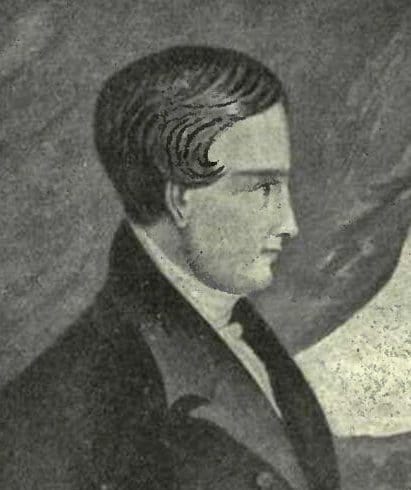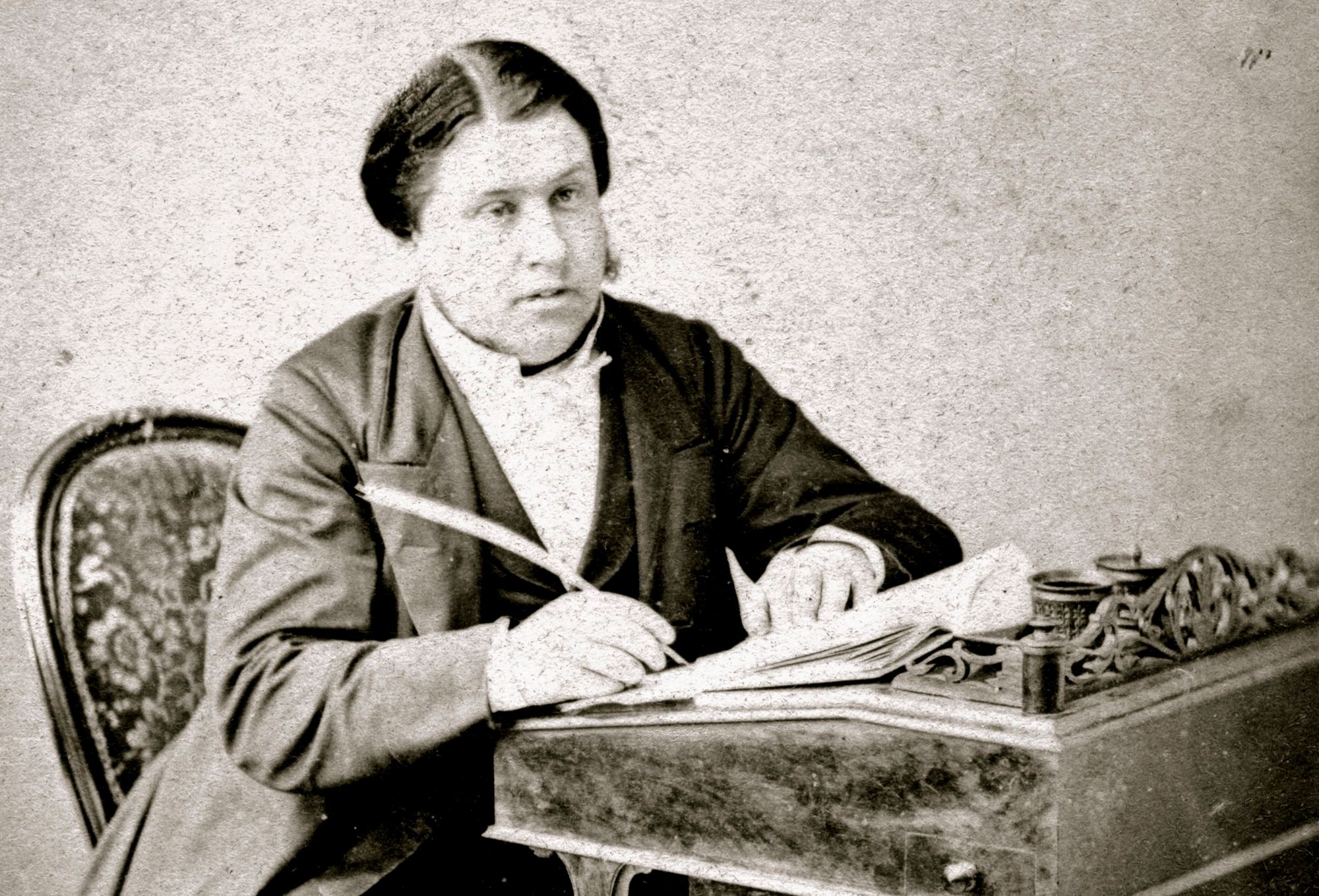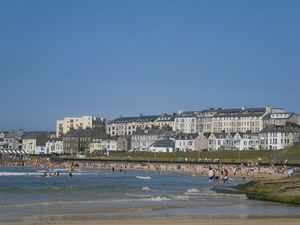1. When did you become a Christian?
I became a Christian at sixteen years of age in my local congregation, Kilraughts Reformed Presbyterian Church in Ulster. Rev. James Blair, the father of Professor Hugh Blair, came to that church when I was fourteen years of age. His warm evangelistic preaching touched me as no one else’s had. It was during a Bible class which he led on the theme of the implications of professing faith in Christ that I believe I was converted. That was in the early 1930s.
2. Who has had the most influence over you?
My parents, Thomas and Annie Loughridge, my Sabbath school teachers and my minister. My father was a farmer as well as being an elder and the precentor of our church. He led family devotions each day, at which he read a chapter of Scripture and we sang a psalm. Many of his phrases in praying I remember to this day. He conveyed a sense of the majesty and the sovereignty of God. He took his religion with him everywhere. In spring when he went out to plant for the new season he would say, ‘We go in the name of the Lord.’ My mother in particular prayed for me when I had a serious illness at six years of age and told me that she had claimed me for the Lord.

3. In what ways are churches both stronger and weaker today?
The churches today are stronger financially and better equipped, with outstanding facilities. But there is too much of a ‘supermarket’ attitude in many congregations. So this apparent strength in reality is a weakness, for fellowship is promoted by bowls rather than by prayer. Strong churches are strong where the Word is faithfully preached, where evangelistic outreach is practiced, prayer is fervently offered and the missionary vision is clear. Where these things are absent the churches are weak, no matter how successful they may appear.
4. What did you most gain from your theological studies?
I studied for the ministry in the Reformed Presbyterian Hall in Belfast beginning the three-year course in 1935. I was eventually to teach in that college myself. There I gained a true sense of the importance of sound doctrine, a realization of the need for holiness, and a passion for the souls of others. The example of Robert Murray M’Cheyne was constantly set before us.
5. What historical figures do you admire the most?
This question is hard to answer. I have always loved reading biography. I admire men like Oliver Cromwell and Samuel Rutherford.

6. What book do you appreciate the most?
Apart from my Bible, I love the two volumes of the life of Charles Haddon Spurgeon – The early years and The full harvest.
7. What is your favourite hymn?
I am a convinced psalm-singer, and though I find it hard to single out one from the 150 I have always found comfort and encouragement in Psalm 63 – the soul thirsting for God, satisfied by his grace and following in the paths of obedience.
God, Thee, my God, I’ll early seek;
My soul’s athirst for Thee.
On dry land, weary waterless,
My flesh has longed for Thee.
Thus have I looked for Thee before
Within Thy holy place
That there I might behold Thy strength
And glory of Thy Face.
8. Have you a particular verse from the Scriptures which has been helpful?
As a young Christian, sometimes concerned about the forgiveness of my sins, Romans 8:1 was a great help: ‘There is therefore now no condemnation to them which are in Christ Jesus.’ In later years I have rejoiced in Micah 7:18, especially the last four words, ‘Who is a God like unto thee, that pardoneth iniquity, and passeth by the transgression of the remnant of his heritage? he retaineth not his anger for ever, because he delighteth in mercy.’
9. How and when do you relax?
Now retired, I have more time to relax. What I found most helpful when I was busy was the time spent with my family and with congenial friends, a walk in the countryside, an occasional game of golf, classical music and a good book.
10. What has been a help to you in personal devotions?
IVP Bible reading notes, some sermons of eminent preachers and using devotional commentaries.
11. What emphases need to be restored in evangelical churches?
That God is sovereign in all things is a reality that needs to be underlined, and that doctrine, worship and discipline must always be according to the Word of God. The introduction of practices into the church on the grounds that some people desire them has been disastrous.
12. What lessons have you learned?
There is no substitute for preaching which expounds the Word with a pointed personal application. Prayer and Bible study are vital factors in a congregation’s life. Pastoral care must be constantly undertaken with sympathy and compassion. Confidence must never be betrayed.
13. What are your regrets?
I regret that I took too little time off for leisure, and that I did not spend enough time with my family. In spite of that I rejoice that they never complained, and my son and daughter grew up to walk in the ways of God. My wife of fifty-six years’ marriage has been my greatest support. Last year my fifty-four-year-old son, who had been in perfect health, collapsed and died in a moment through an aneurysm. It was a great test for us. We have been partakers of grace in the sorrows of life as well as its many joys.
14. What has been your greatest encouragement?
Seeing young people come to faith in Christ, and older people growing in faith.
15. What ambitions and hopes do you have for the future?
I believe that my health does not permit me to continue to preach any longer, and I recently took what might have been my last service in the local church near Portrush where I had a twenty-year pastorate. I hope that I may enjoy a quiet and peaceful eventide, followed by the promised ‘abundant entrance’ into the heavenly kingdom.






